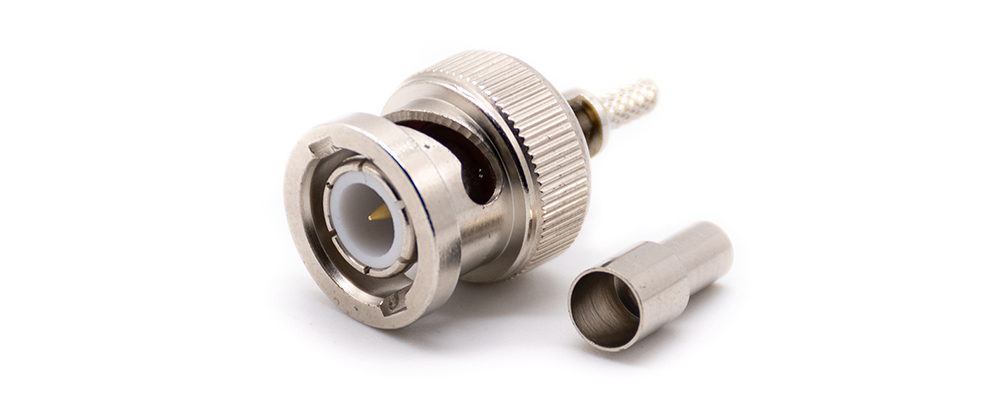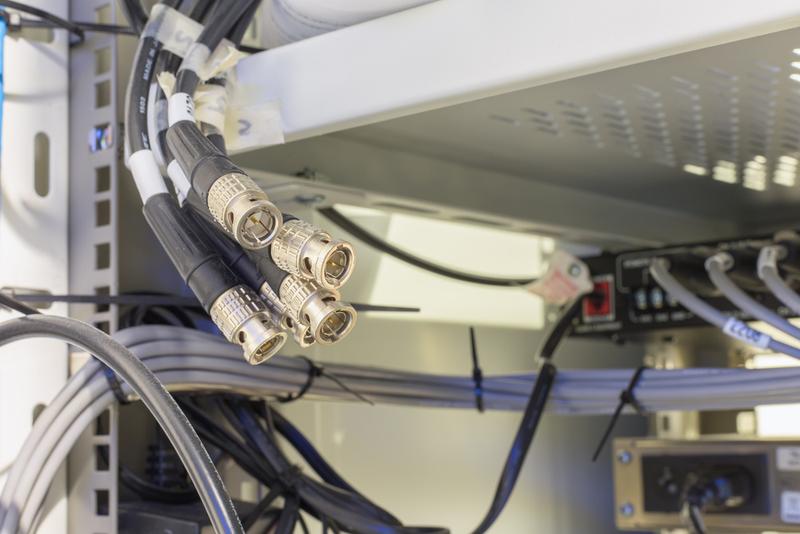RF connectors play a vital role in various applications, and among them, the Q9 connector is a product series that often leads to questions about its differences compared to the BNC connector. Many individuals are unaware of the distinctions between these connectors. Technicians at Dosin are here to provide you with the knowledge needed to differentiate between Q9 and BNC connectors.
BNC Connector
The full name of the BNC connector is Bayonet Neill-Concelman, sometimes simply referred to as “BNC.” Its design comprises a central pin, a jacket, and a shell. Interestingly, the outline of the Q9 connector closely resembles that of the BNC connector, making it challenging for novices to distinguish between them. Even some individuals well-versed in BNC connectors may struggle to spot the differences between Q9 and BNC connectors.As a result, it’s not uncommon for people to mistakenly sell Q9 connectors as BNC connectors.

Differences
The key difference lies in the standard dimensions. Specifically, the core of the rubber core in a BNC connector is thinner and set further from the edge (3.8mm) compared to the Q9 connector. Conversely, the Q9 connector boasts a thicker and closer core to the edge.
Q9 and BNC connectors, much like a DB9 male and female pair, find applications in oscilloscopes, signal generators, and other equipment. The caliber of Q9 and BNC connectors exhibits slight differences.
Notably, the central gap of a BNC female connector is slightly larger than that of a Q9 connector. Generally, oscilloscopes are designed to use BNC connectors, but Q9 connectors can also be inserted. However, over time, using Q9 connectors in place of BNC connectors can lead to issues. It’s essential to note that the connectors are marked to differentiate them. In terms of impedance, 50 ohms are suitable for power transfer, while 75 ohms are preferable for signal transfer. Digital cables must adhere to the 75-ohm standard.
After digesting the information above, you should now have a better understanding of the distinctions between BNC and Q9 connectors in RF applications. If you’d like to delve deeper into this topic, please visit our blog for additional articles. If you’re considering purchasing or customizing BNC connectors, please don’t hesitate to contact us.


I found your web site from Google and also I have to say it was a great discover.
Thanks!